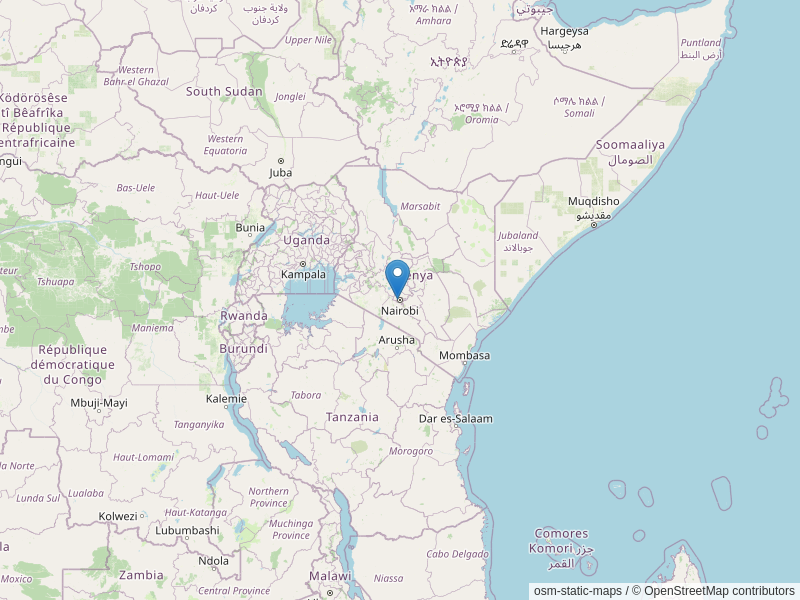DAAD president Prof. Mukherjee at KU: For the benefit of humankind – DAAD’s approach of “planetary thinking”
The newly-elected DAAD President Joybrato Mukherjee visited Kenyatta University in Nairobi and gave a lecture titled “What’s next? The Future of African-German Cooperation in Higher Education”. The audience consisted of students from different disciplines, DAAD Alumni and current scholarship holders from KU and other universities as well as lecturers and representatives of the university management.
 DAAD
DAADProf. Mukherjee, who has been holding this honorary position since January 2020 after serving as vice-president for eight years, emphasized the intention of DAAD to strategically pursue “a new holistic approach” with Europe’s neighbors that includes “a clear commitment for a partnership between Germany and Kenya.”
“There are many German universities that want to enter the higher education landscape in Kenya”, he said, “and we know of Kenyan institutions that want to intensify their links to German institutions.” Accordingly, now is the right moment to think about the future of German-Kenyan and German-African cooperation in higher education.
 DAAD
DAADProf. Mukherjee spoke of a “substantial shift in focus” towards joint research projects and environments through institutional funding for transnational projects. Those must be at eye level, he pointed out. He explained that the success of individual mobility of students and scholars – the core business of DAAD – is clearly visible, but in order to bring German-African cooperation to the next level, the goal is to establish more Centres of Excellence on the African continent, in addition to the ten already in existence.
Prof. Mukherjee, who is also a linguist and the president of the University of Gießen, highlighted that at the beginning of the 2020 decade, DAAD is determined to intensify the use of digitization in university collaborations. How can we build technology into our working together, he challenged his audience. In East Africa, beneficiaries of DAAD In-Country/ In-Region scholarships already enjoy regular e-resources trainings to equip them with skills to use digital libraries that are free of charge for African academics.
 DAAD
DAADFinally, in order to enable and encourage what Prof. Mukherjee called “planetary thinking”, German and African universities need mutual access to and more knowledge of each other.
 DAAD
DAAD







